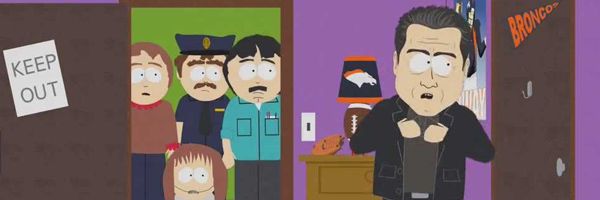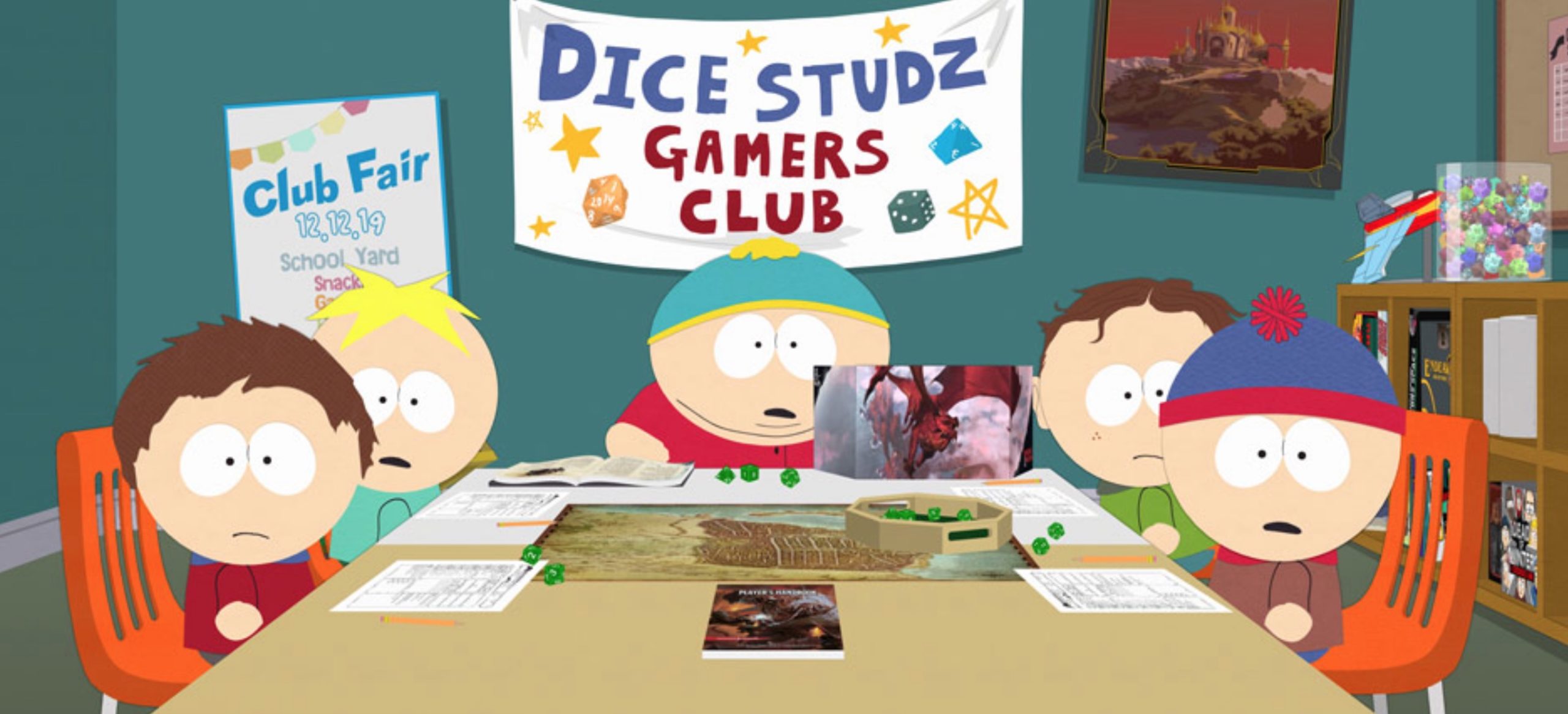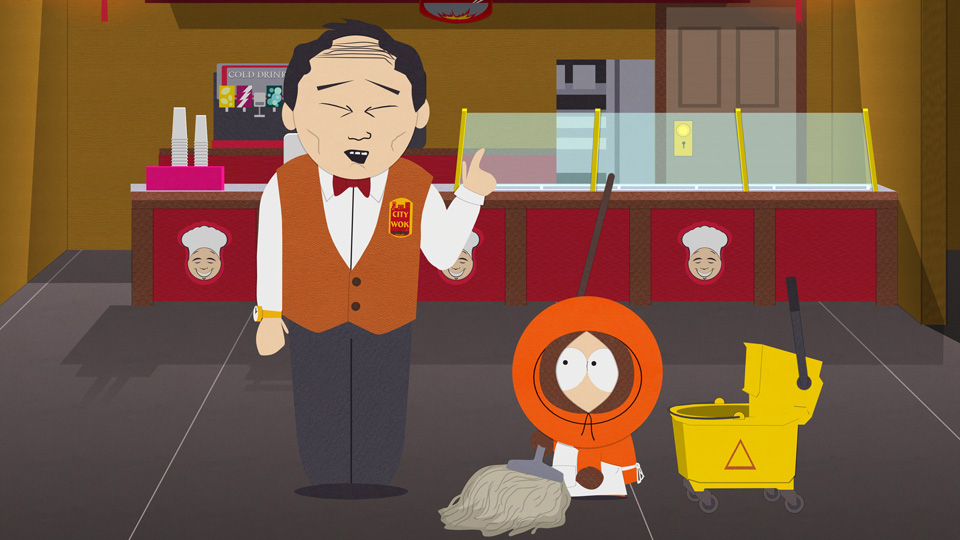
There was a time when every single week brought a new statement of condemnation against the show from some aggrieved party determining the most controversial episodes of a show whose bread and butter is offense is a tall order, to say the least. South Park became a mirror that reflected the state of things, and, in its 23rd season, it’s still going strong today-and as recently as this week caused uproar from an entire country. At first, the show was content to live in the sandbox of largely apolitical toilet humor, but as the world got more complicated, South Park became a cultural beacon, shining a light on the issues of the day from week to week through increasingly pointed Swiftian satire that made sport of gathering our sacred cows together and shooting them for laughs. So when Trey Parker and Matt Stone unleashed their crudely animated cartoon about four foul-mouthed children and their misadventures in a small Colorado mountain town, people were shocked-by the profanity, the violence, the disrespect, the gleeful flouting of polite norms. Less cynical, less evolved, less comfortable discussing taboo subjects in the public sphere, still clinging to a petty puritanical prudishness and a false sense of exceptionalism. No President Trump.Īmerica was a different place. No Family Guy or Archer or Rick and Morty or BoJack Horseman. Titanic had not yet taken over the world. Gay marriage was still a distant pipe dream. California had just become the first state in the U.S.



The Daily Show was barely a year old, and Craig Kilborn was the host. Let’s take a moment to fully appreciate how much the world has changed since South Park first premiered in 1997: Bill Clinton was still president, and his sex life had not yet become an object of national fascination.


 0 kommentar(er)
0 kommentar(er)
